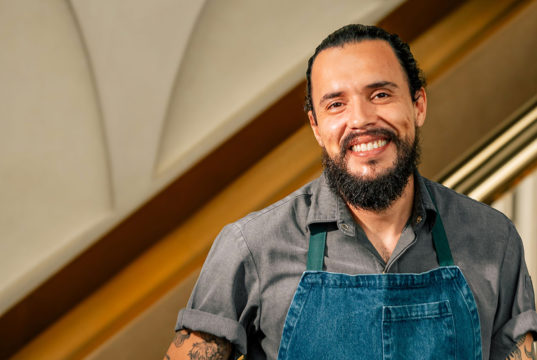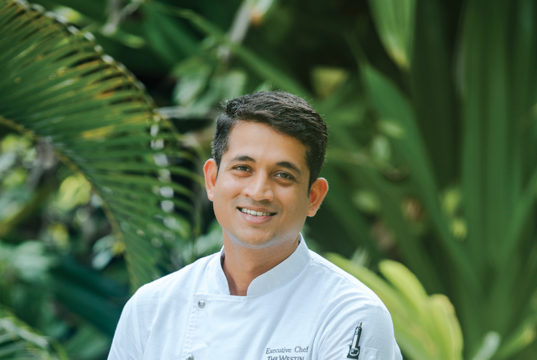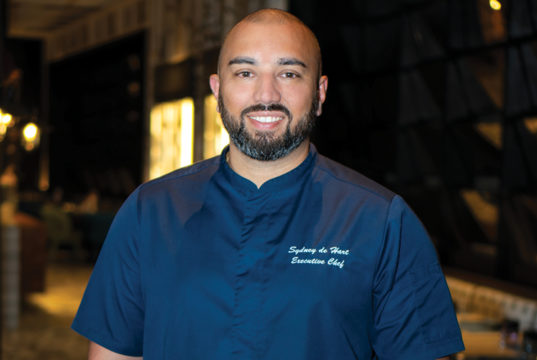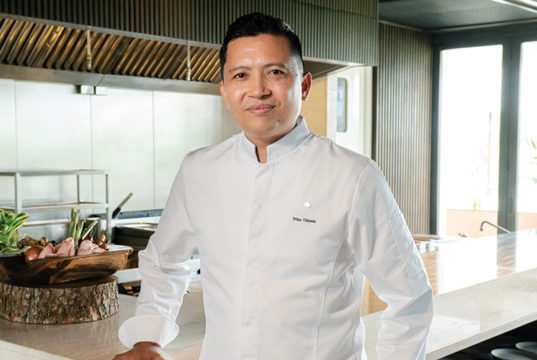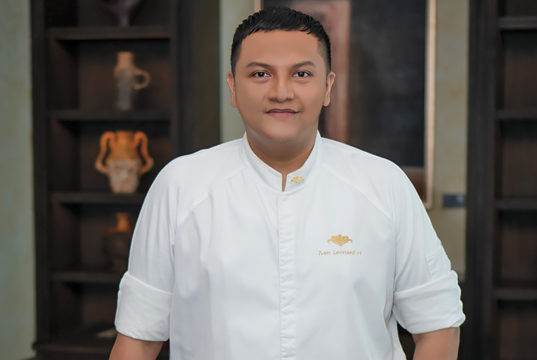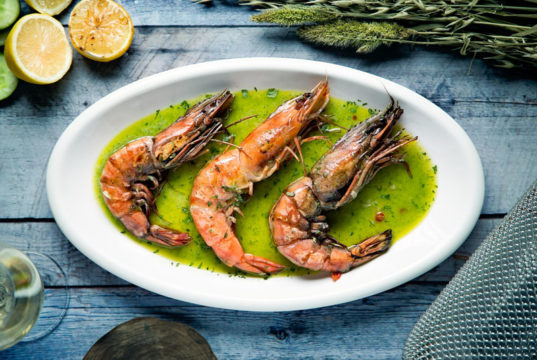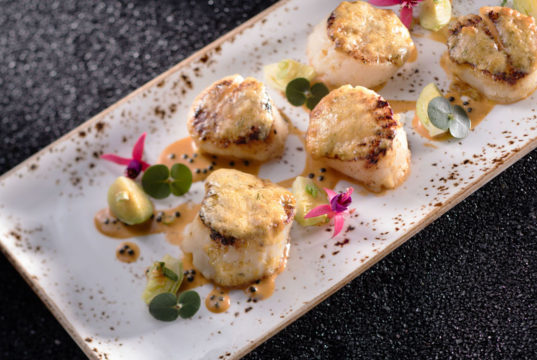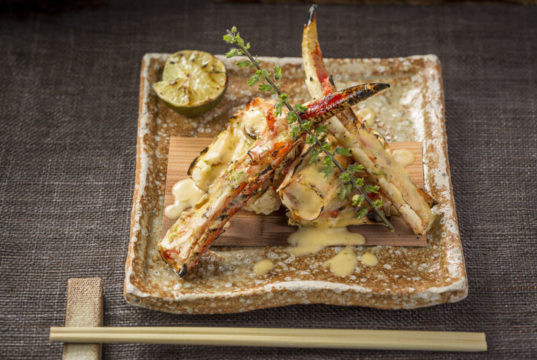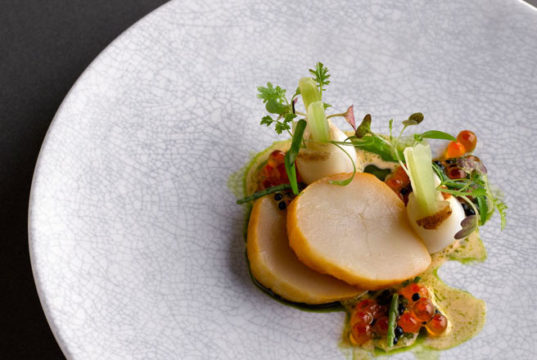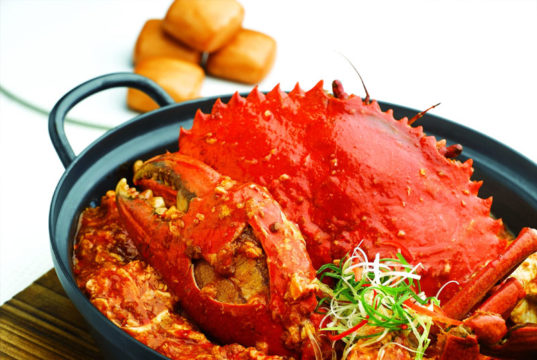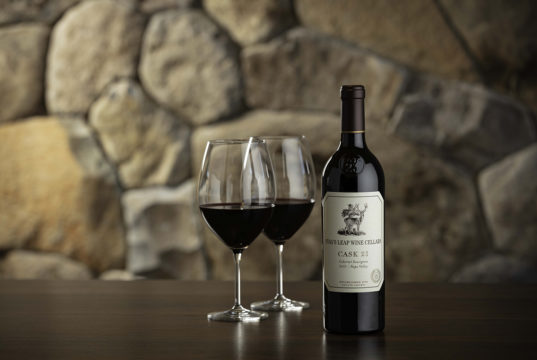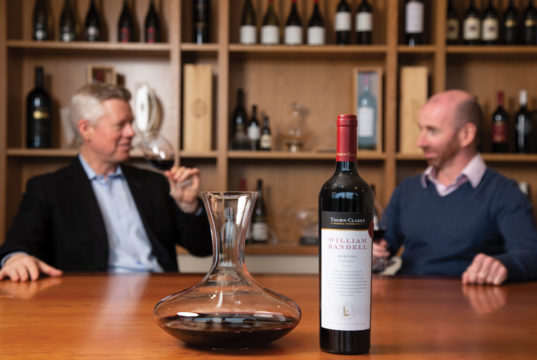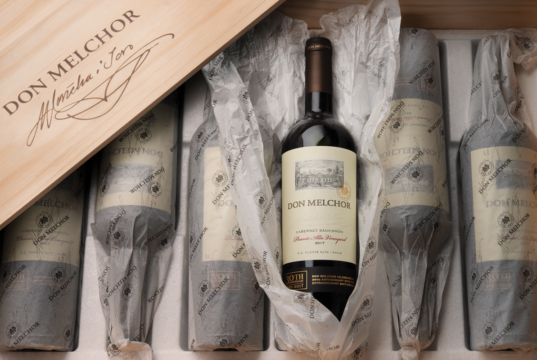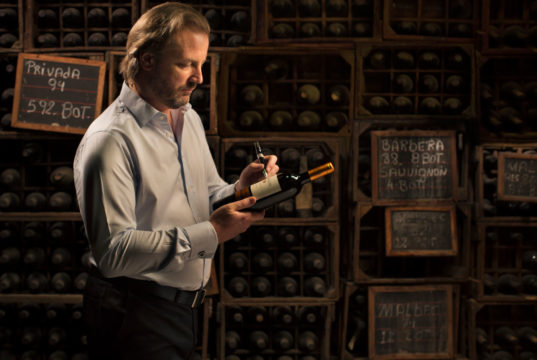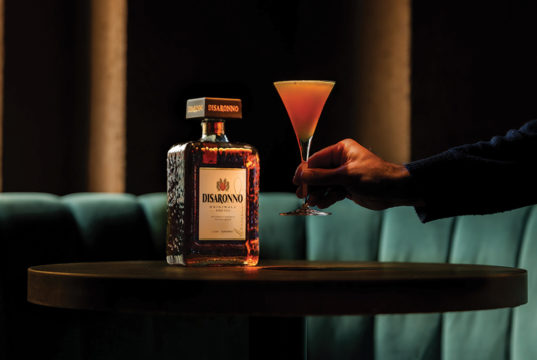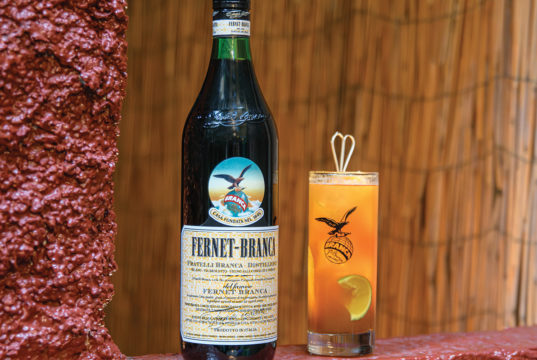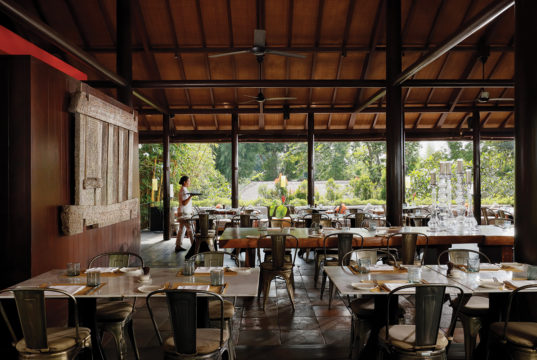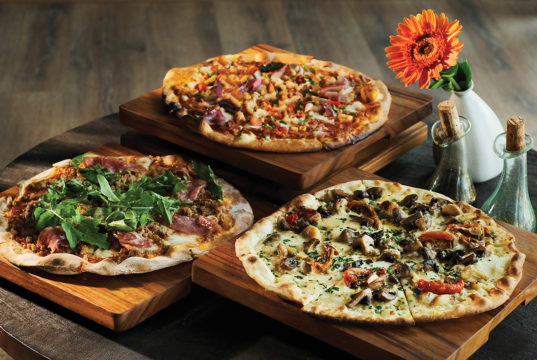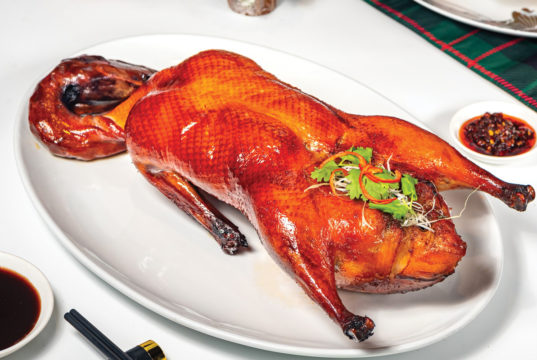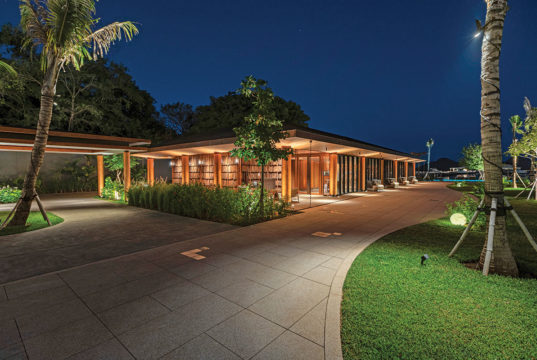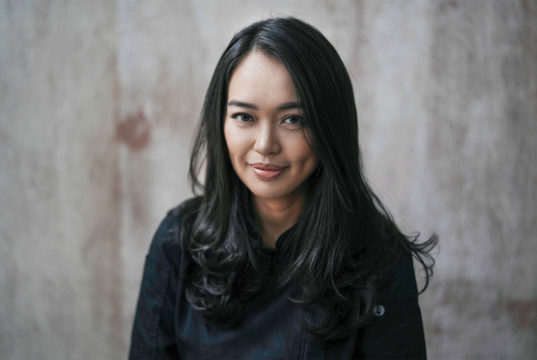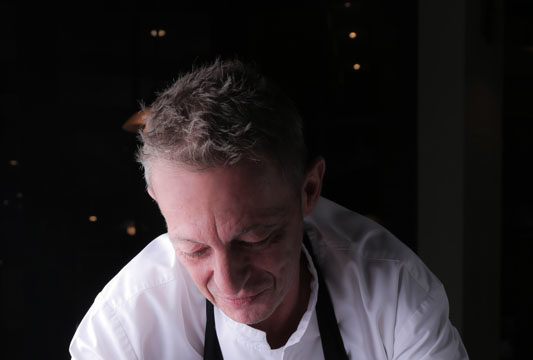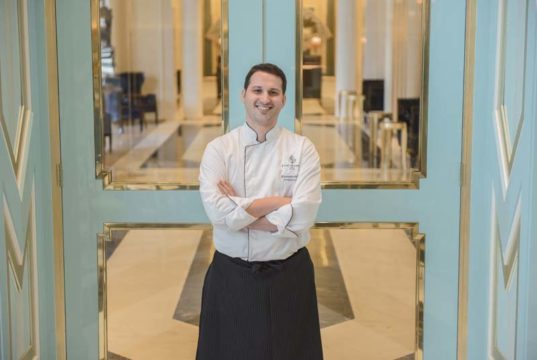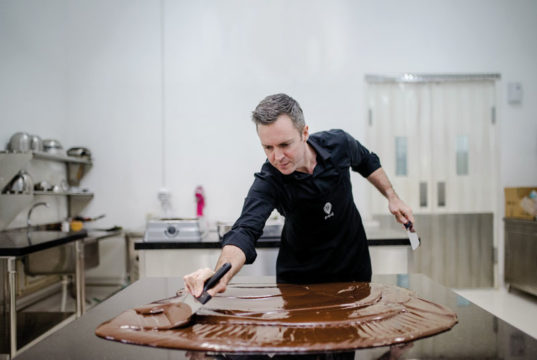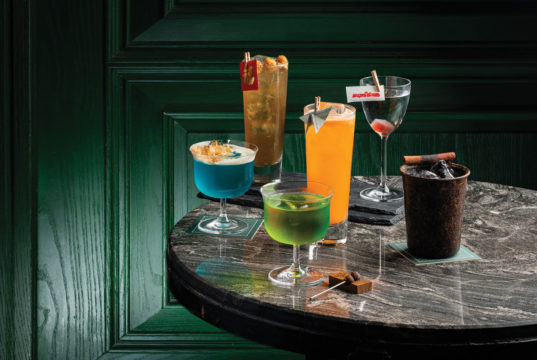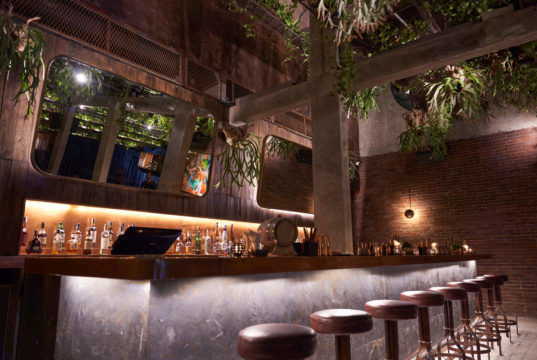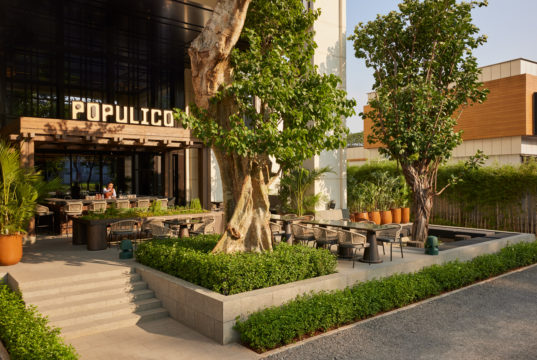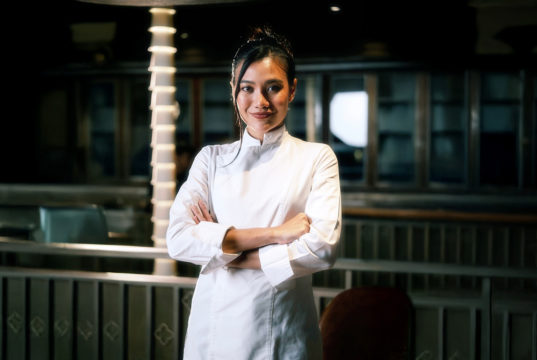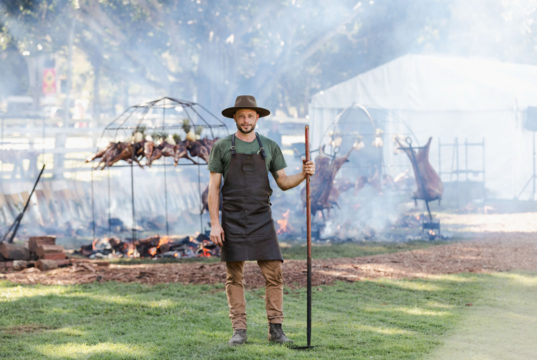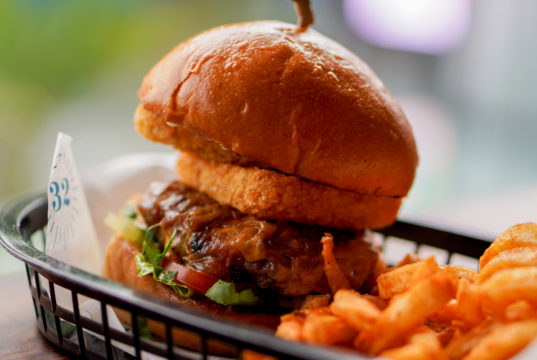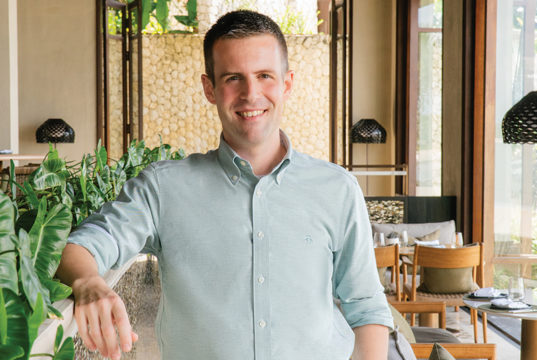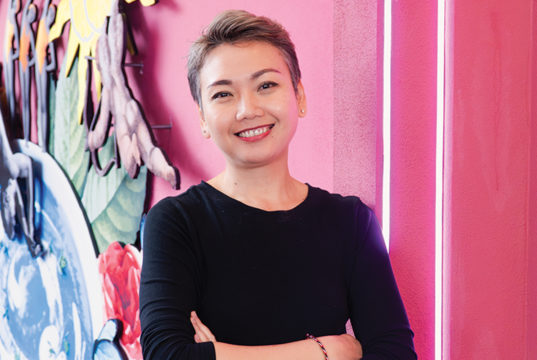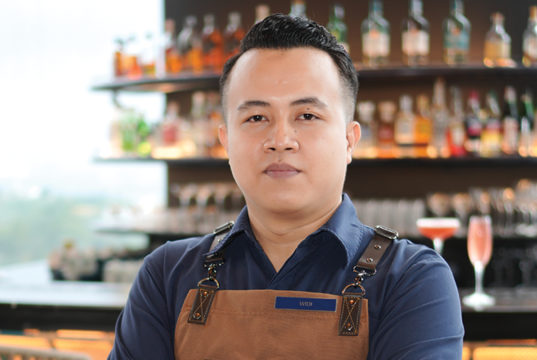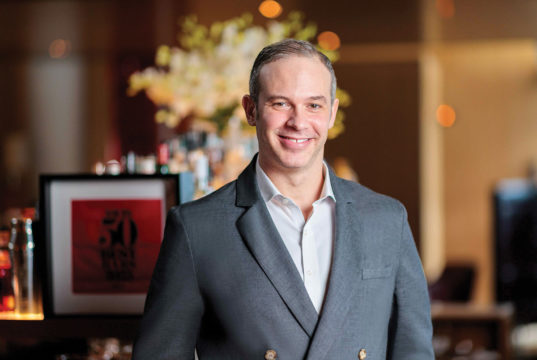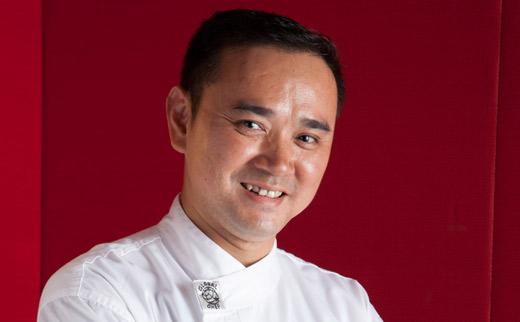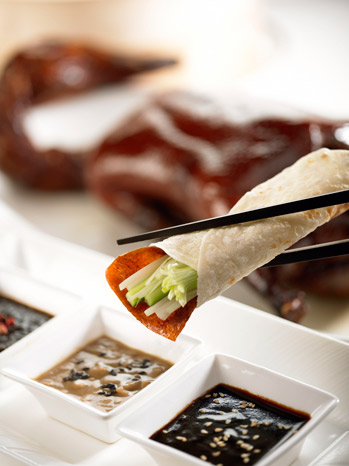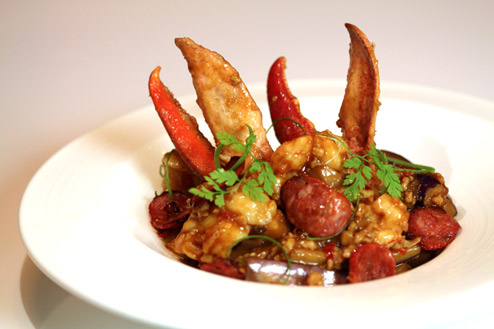An Evening With Chef Alan Chan Contagious and Compelling
Born in Hong Kong, Chef Alan Chan is the Chinese Executive Chef at Jiang?Nan Chun, the Four Seasons Hotel Singapore’s exceptional Cantonese restaurant. He began his culinary career aged only 15, working in several Hong Kong and Kowloon restaurants before moving to Singapore in 2001.
Before joining Four Seasons Hotel Singapore in 2011, he had developed his conceptual take on Cantonese fine dining in restaurants both in Hong Kong and Singapore. Authenticity is high on Chef Alan’s priorities, but that clearly has not diminished his creativity nor suppressed the stylish approach on display at Jiang-Nan Chun.
Q: What first drew you into becoming a Cantonese chef? Was it a childhood dream? Who inspired you in particular?
A: As a child growing up in a household of small means, I would watch my mum tirelessly cook and care for us after a long day’s work as a seamstress. The only way I could alleviate my mother’s burden was to help out with the cooking. And my journey started from there.
Q: What are your fondest memories of your childhood and of your career thus far?
A: Seven or eight years ago, I went to a little mountain village in Thailand for charity work, cooking for the orphans and preparing food for the school. They have to walk two hours just to get to school, and it was heart-warming for me that I got to serve them in some way. In my line of work, I often cook for VIPs and high-level delegates, but in my heart, the orphans are also VIPs.
Q: Who has been your biggest influence in life and in your career?
A: Mr. Parco Pang was the man who recognized my talents and made me the man I am today. When I used to cook in a small restaurant back in Hong Kong many years back, he came by to eat often. Then one day he asked me if I would like to join him in the fine dining business. The reason why I have this opportunity to work for Four Seasons Hotel Singapore – the epitome of fine dining – is because of how he gave me the opportunity to enter the fine dining industry many years ago.
Q: How have you seen Cantonese cuisine grow and change over the years?
A: Some people do keep to the traditional methods of Cantonese cuisine, while others innovate on dishes. Cooking is a fluid thing – there is consistency and then there are changes.
Q: Do you still use mainly traditional methods or have modern techniques taken over and if so, in what way?
A: I believe in retaining the authenticity of certain traditional methods, but I add my own innovative take to enhance the dishes and give guests a beautiful culinary experience. A traditional char siew flaky pastry, for example, would consist of pork. However, I include some other ingredients (it’s a secret!) that might only be discernible to trained tongues. However – whether trained or not – when guests taste the cuisine, they will exclaim, “There’s something unique and so tasty about this! I can’t put my finger on it and it does taste authentic, but at the same time there’s something special to it.”
Q: Working in an environment of such high quality and with such discerning customers, how do you find new inspiration and create new innovations? What is your most recent exciting find / innovation?
A: In this line of work, we get to meet high-end guests personally often, and we get to know their tastes and preferences. Communication is very important in order to understand and satisfy their needs. I often read up on western and even Japanese cuisine, and travel abroad to find inspiration.
Q: How did you come up with the idea of creating culinary and literary art out of Chinese classics? What is your next venture along this line, or do you have a new idea to try out?
A: My team – with restaurant manager Ng Chong Kim – and I wanted to do something very inventive and experiential for our customers. We remember the classic Chinese stories from our childhood, and the literature is so rich: there are dishes with names that the author puts inside the stories! We wanted to bring those dishes to life and make it an amazing journey for our Four Seasons customers – as if they step into the novels themselves and experience a luxurious immersion of their senses: in visual, in audio and in taste.
Q: Do you have a favourite food and what is it, both in the restaurant and away from the restaurant?
A: I have a soft spot for my double-boiled soups: customers know the difference when they drink them, as I have my own signature style for the soups. They are clear yet flavourful, not oily, and very nutritious.
I also make it a point to try chicken dishes in every country I visit: because beef or pork might not be universally eaten, but chicken is, and I want to explore how it is prepared in different cultures and cuisines.
Q: For a relaxing evening at home with your family, what do you cook / eat?
A: I boil soups at home for my family, especially for my daughter as I want to ensure that she eats nutritiously!
Q: What tips would you give the novice?
A: Many young people are overly ambitious: they only work a few years but they believe they are more than capable of taking over as head chef. My advice is always that you have to invest time, heart, effort and be open to feedback and be teachable – success will come if your foundations are strong.
Q: Has your passion for cooking ever been really tested (highs and lows of career?
A: When I first became head chef many years ago, I did not know how to cook all the dishes that I know today. Hence there were definitely times when I did not create a dish successfully. But that should never hold us back: nobody can ever know everything, and it is important to learn from those experiences and become better from it.
My current tenure with Four Seasons Hotel Singapore is the highlight of my career: I am very blessed to work for such a great hotel that upholds important values. I am also the youngest Executive Chef appointed in a 5-star hotel here in Singapore, and invited to be one of the judges at culinary competitions.
Q: What does the future hold?
A: I wish to impart my skills to the younger generation, and to share what I know with the other chefs so that together, we can create beautiful dishes for all to enjoy.
It was a real pleasure to meet Chef Alan Chan. Unsurprisingly he is a man who understands the intricacies of great Cantonese cuisine and particularly the balance between authenticity and creativity that discerning fine diners often crave. His enthusiasm is contagious and his gastronomic creations compelling, but he remains true to his concepts, saying in closing: “We like to cook and present comfort food at Jiang-Nan Chun, because we want our guests to enjoy cooking that makes them feel at home.”
www.fourseasons.com/singapore/dining/restaurants/jiang_nan_chun/
Wok-fried Lobster with Spanish Chorizo, Minced Pork and Eggplant
Ingredients
50g Spanish Chorizo
300g Eggplant
80g Pork
200g Lobster
15g Mushroom Shallots
Chopped Chilli
Shelled Garlic
Seasoning
Bean paste:
sugar,
various soy sauces
Method
1.Prepare the ingredients by mincing the pork and slicing the eggplant, Spanish chorizo and fresh lobster. Chop the mushrooms, shallots, chilli and garlic finely.
2. Heat the oil within the wok, and then lightly run the lobster meat through just enough to cook it to a juicy consistency.
Heat the wok again and fry the eggplant first for a golden tinge, before doing a quick fry of the minced pork.
3. Put in just a touch of chopped peeled garlic and bean paste and fry till fragrant with a heated wok. Add in 300g soup base before tossing in with pork floss and eggplant.
Put in the lobster meat for a final fry as the soup base comes to a boil, and when it richens into a gravy, add in a pinch of flour to give it texture. Immediately serve for a succulent wok-fried lobster dish.


